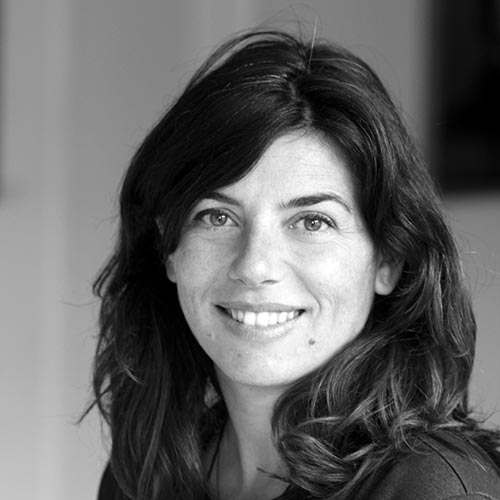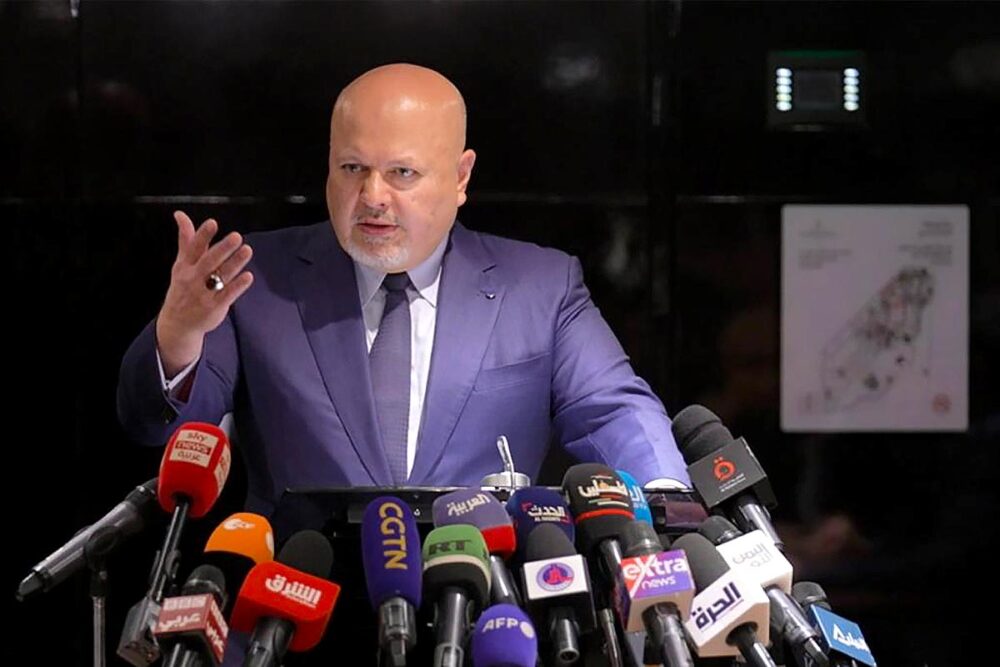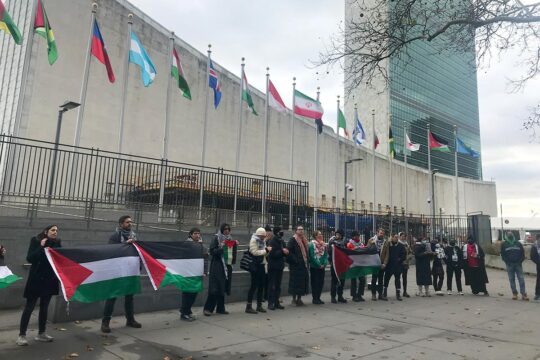In general, this Assembly of the States Parties was a very enriching debate and one can observe that the International Criminal Court (ICC) is still a - if not the - relevant and necessary actor in the international justice arena. Victims of egregious crimes committed in the too many conflicts that poison our world look at the Court in The Hague as their last resort to achieve justice, engaging with this institution notwithstanding the many difficulties. At the same time, in many events I attended, worrying criticism was raised against the operate of the Court and in particular of the Office of the Prosecutor (OTP) by civil society actors.
It is striking that human rights defenders from completely different situations under ICC investigation, like Afghanistan, Libya, Myanmar/Bangladesh, Palestine and Ukraine, all had very similar issues. The main concern is that the OTP is not sufficiently engaging with civil society and affected communities, noting that the Prosecutor - since 2021 the British Karim Khan - would meet prevalently with State authorities. This is perceived as problematic by independent civil society organizations, who have their own requests and issues, on behalf of victims and affected communities, that can greatly diverge from those of state officials. Moreover, even when meeting with them, non-governmental organizations and affected communities on the ground lament a failure to allocate sufficient time for properly listening to their concerns.
Khan’s diplomatic faux pas on Palestine
The engagement of the OTP with regard to the situation in Palestine, in particular, was on the spot for evident reasons. The Prosecutor came to New York after having concluded, on 1-2 December, the first ever official visit of an ICC Prosecutor to the region. Although unable to enter Gaza, he visited the places affected by the attack of Hamas on October 7th, and then met with Palestinian authorities and a few victims’ families in Ramallah. The visit and the statements around it were subject to strong criticism not only by Palestinian human rights organizations, but also by the global community that since decades is invoking the end of impunity for the crimes committed there and defending Palestinian human rights.
Issues emerged immediately from the various statements of the Court around the Prosecutor’s visit, including social media messages, starting with the fact that the visit was announced to be taking place “at the request and invitation” of the Israeli survivors and families of the victims of Hamas’ attacks. Since Palestinian victims and human rights organizations have requested for years that the ICC Prosecutor visits Gaza and the West Bank, this sounded as outrageous to many. The Prosecutor himself had announced publicly, at the previous ASP held in The Hague in December 2022, his intention to visit the region; however, the visit hadn’t happened until now, without any official reason given. Then, on 29 of October 2023, the Prosecutor delivered a powerful speech from Cairo, after having reached the Rafah border with Gaza. He acknowledged that he wanted to visit the Gaza Strip, but that it was not possible. One can presume why, namely because Israel (and presumably Egypt) did not allow it, but the failure to say so explicitly was unfortunate as it sounded as a diplomatic omission in the face of the mandate of the Court.
Be as it may, Khan took everyone by surprise when, on December 1, his presence in Jerusalem was announced via social media. The picture posted, however, was problematic, as it portrayed East Jerusalem while announcing that the Prosecutor was visiting Israel. It was perceived as sending a wrong message to the public, given that East Jerusalem has been unlawfully annexed by Israel in violation of international law. Moreover, while the Prosecutor met with Israeli victims, families and survivors of the 7th October attacks, the first social media posts only mentioned that the Prosecutor was going to meet with the Palestinian Authority in Ramallah. Apparently, Palestinian human rights organizations like Al Haq, the Palestinian Centre for Human Rights, Al Mezan, that have been exchanging with the OTP for many years and were requesting the visit ever since, were not actively involved in organizing the meetings of the Prosecutor in the West Bank. Only later, an unsuccessful attempt was reportedly made to meet with them, but the few Palestinian victims that the Prosecutor met in Ramallah were not connected to these major organizations.
Imbalance of word and law
More substantially, many imbalances were noted in the language used in the various statements given by the Prosecutor in the past weeks. In particular, with regard to the remarks issued at the conclusion of his visit on December 2nd , the statement rightly condemned in the strongest possible way the crimes prima facie committed by Hamas; however, it failed to use an equally strong language to condemn the numerous grave crimes under the Court’s jurisdiction prima facie committed by Israel in these weeks. In the face of a staggering number of civilians killed, including over 15.000 women and children, the emphasis was rather on reminding the State of its obligations under international humanitarian law (IHL), watering them down by including some passages, such as: “Conflict in densely populated areas where fighters are alleged to be unlawfully embedded in the civilian population is inherently complex, but international humanitarian law must still apply and the Israeli military knows the law that must be applied.” Problematic in this regard was also the reference to the Israeli system of investigation as a genuine one (“Israel has trained lawyers who advise commanders and a robust system intended to ensure compliance with international humanitarian law”), in the face of decades of reports to the contrary.
The Prosecutor evoked the possibility that Israel’s actions in Gaza integrated starvation, a war crime under the Rome Statute. However, this was presented as a sort of omission by the Israeli authorities, namely by failure to allow the humanitarian aid needed in the face of a humanitarian disaster, rather than a commission, namely by (actively) depriving the Gaza population of objects indispensable to their survival. Worrying was the absence of any mention of the reasons of such a disaster in Gaza, which is human-made and the consequence of the unlawful longstanding collective punishment of the 2.3 million civilian population, which already in 2009 the UN-mandated independent Fact Finding Mission (FFM) documented as possible persecution as a crime against humanity. Equally problematic was the reference by the Prosecutor to individual settlers’ violence as isolated acts, which again was perceived as an understatement, missing the overall policy at the State level with regard to the creation of Israeli settlements in the Palestinian territory (which could integrate the war crime of transfer of civilians, under the Rome Statute).
One could argue that these are just communication failures, in which case it would be wise for the OTP to rethink dramatically their communication strategy in order to avoid such possible misunderstandings for the future. If this is not the case, however, the issue becomes very worrisome. After so many years of appeals for justice by Palestinian victims and human rights organizations, and engagement with judicial authorities at many levels, internally and internationally, the ICC Prosecutor has a unique role to play to break the vicious cycle of impunity in the region. The UN Fact Finding Mission had already concluded 14 years ago that there was no potential for accountability through domestic institutions in Israel or in Palestine and that the ICC intervention was urgent. Subsequent reports and different authoritative sources confirmed this conclusion. As Palestinian human rights defenders note: Justice delayed is justice denied.

CHANTAL MELONI
Chantal Meloni is an International criminal law professor at the University of Milan, Italy, and a senior legal advisor of the European Center for Constitutional and Human Rights of Berlin (ECCHR). She also consults with the Palestinian Center for Human Rights (PCHR) and represents victims before the International Criminal Court (ICC).







